Speakers
We are delighted to announce that many renowned scientists and politicians are part of the virtual INI2021 program.
Due to the world-wide pandemic of Covid 19 unfortunately not all speakers could remain their contributions. However, we are proud to announce that following remained and new speaker will be part of the 2021 program:
Prof. Dr. Tapan Kumar Adhya
Prof. Dr. Tapan Adhya is the Director of the South Asia Nitrogen Centre, New Delhi. Well-versed with natural resource management of tropical agro-ecosystem with flooded paddy as the model, he has worked on greenhouse gas emission and also studied on microbial ecology towards restoration of soil fertility in such system.
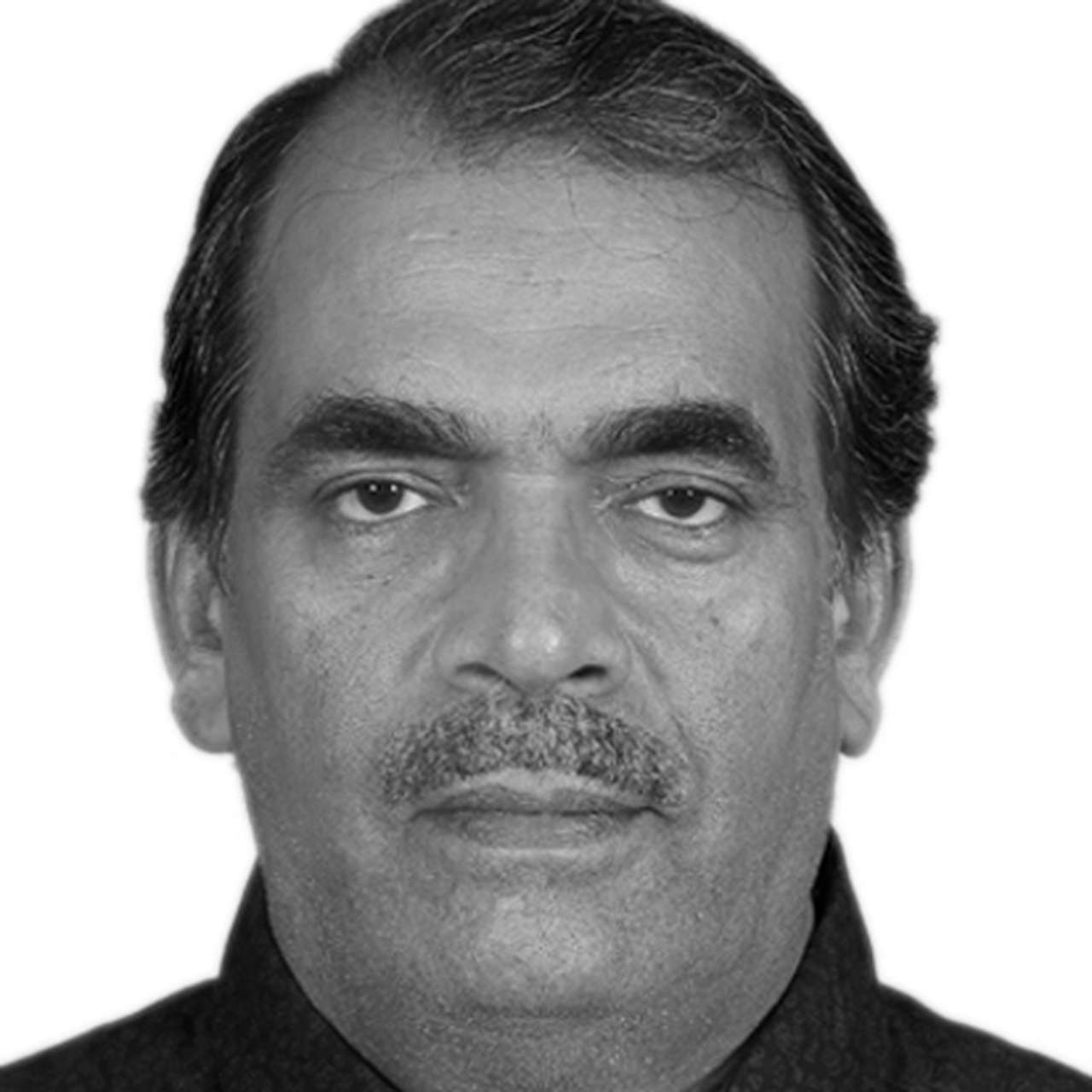
Dr. Vincent Aduramigba-Modupe
Vincent Aduramigba-Modupe is the Africa Centre Director of the International Nitrogen Initiative; and a Senior Research Fellow at the Institute of Agricultural Research and Training, Ibadan, Nigeria. He is a developmental soil scientist, with over 20 years’ experience in integrated soil fertility management, nutrient budgeting and use efficiency, digital soil mapping and systems agronomy; and has published extensively in high impact factor journals. He was a recipient of the Israeli MASHAV, German CIPSEM, Australia ALAF and Chinese NDRC fellowships (among others) which enabled him to acquire specialized skills at the Technische Universität Dresden – Germany and University of Sydney – Australia. Vincent is presently working on the management and NUE of pro vitamin A cassava for enhanced livelihoods in Nigeria; and currently the Nigeria team leader of the recently EC approved H2020-MSCA-RISE-2019 INSA project involving 15 institutions in Africa and Europe.
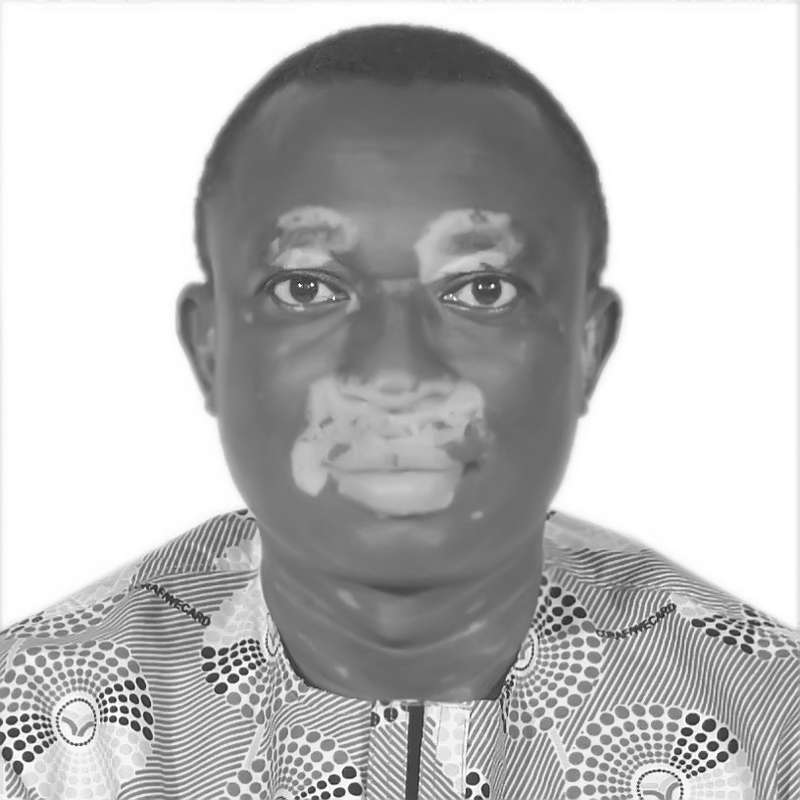
Dr. Heike Bach
Dr. Heike Bach is founder and CEO of VISTA, a company now belonging to the BayWa Group. Digitisation is taken as chance to support sustainable agriculture and water management using environmental models and satellite image analyses. Core applications include site-specific fertilisation and yield forecasting.
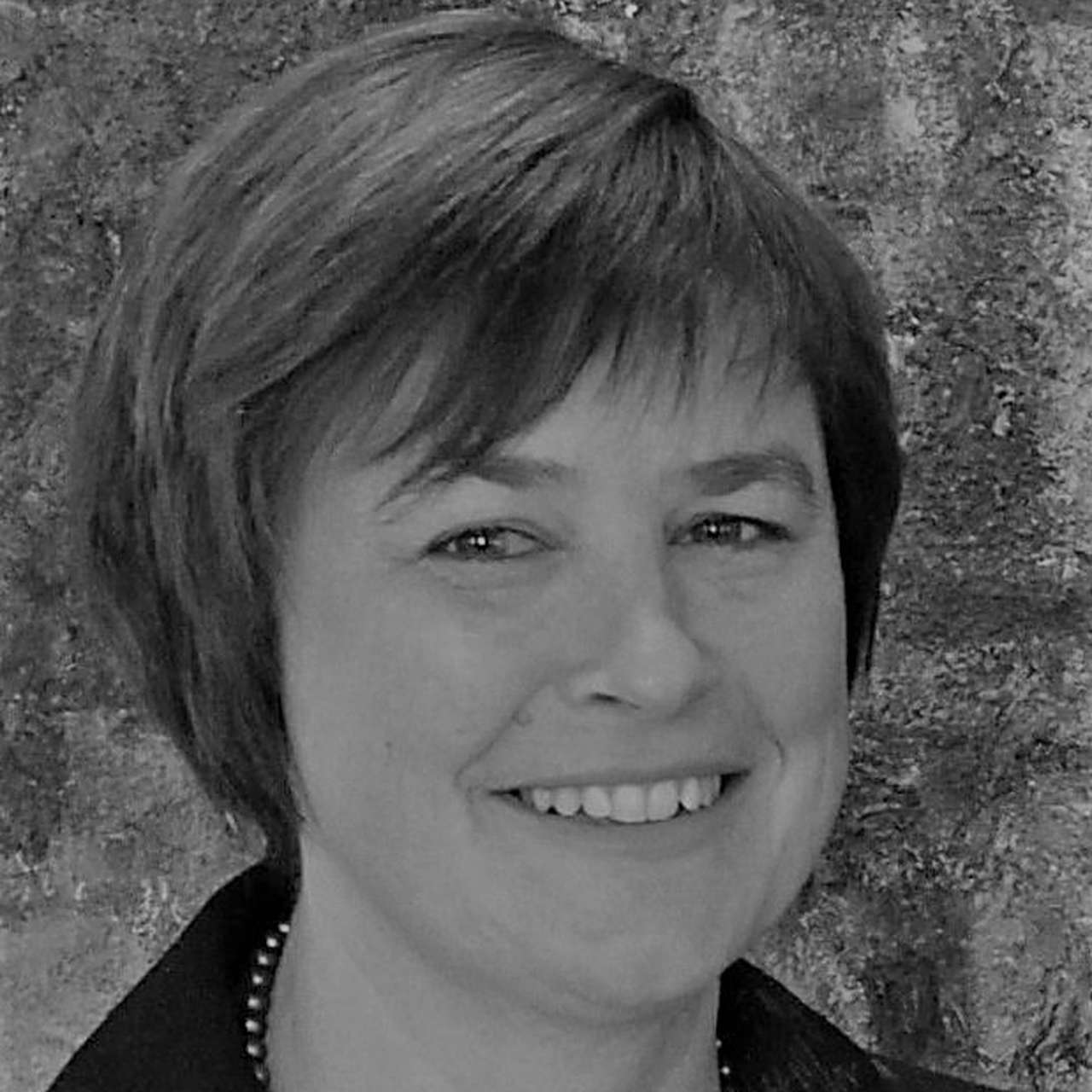
Anna Engleryd
Anna Engleryd is a Senior Policy advisor at the Swedish Environmental Protection Agency. For the last 15 years she has been lead negotiator on air pollution for the Swedish Government in several international fora. Since 2014 she is the chair of the Executive Body to the UNECE Convention on Long Range Transboundary Air Pollution. She has a background in energy systems analysis and energy efficiency from the Swedish Energy Agency and served for many years as vice chair to the European Council for an Energy Efficient Economy.
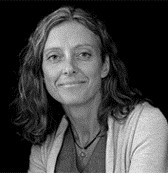
Prof. Dr. Bretislav Friedrich
Bretislav Friedrich is the head of the research group “Interactions of molecules in and with fields” at the Fritz Haber Institute of the Max Planck Society in Berlin and honorary professor at the Technical University Berlin. Aside from his research in molecular physics, he maintains an abiding interest in the history of science and is engaged in efforts to eliminate weapons of mass destruction.

Asst. Prof. Dr. David Kanter
David Kanter is an Assistant Professor of Environmental Studies at NYU and Vice-Chair of the International Nitrogen Initiative. His research examines new policy options for addressing nitrogen pollution and how to manage the transition to a global food system consistent with the Sustainable Development Goals. Prior to his current position, David was a Postdoctoral Research Fellow at The Earth Institute at Columbia University. He received his BSc in Chemistry and Law from the University of Bristol in the UK and his MA and PhD in Science, Technology and Environmental Policy from Princeton University.
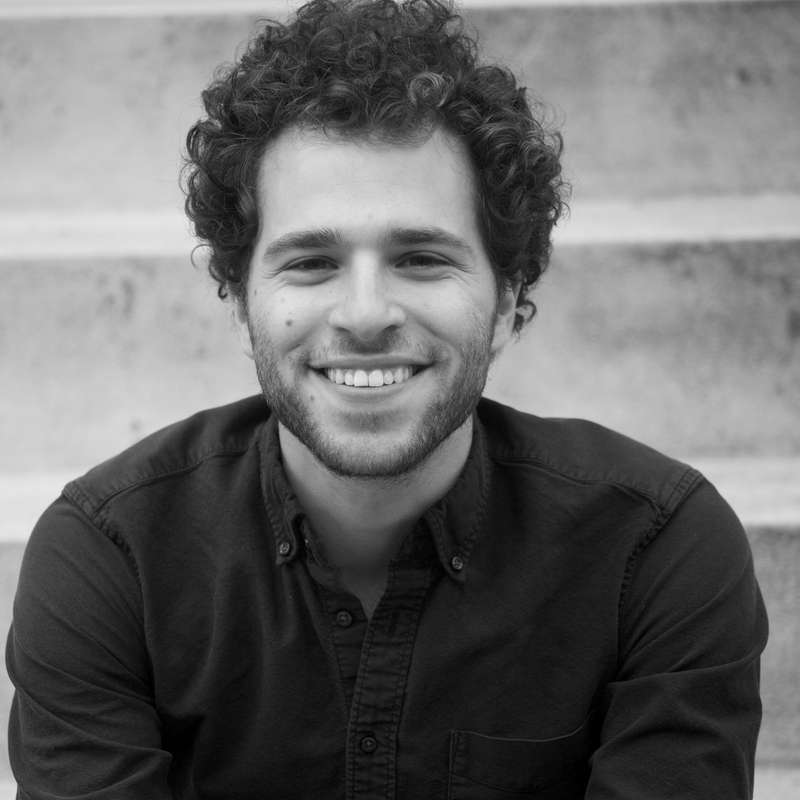
Dirk Messner
Prof. Dr. Dirk Messner heads the German Environment Agency (UBA). He took office on 1 January 2020. Dirk Messner was Director of the Institute for Environment and Human Security at the United Nations University in Bonn and Co-Chairman of the German Advisory Council on Global Change (WBGU).

Prof. Dr. Annette Peters
Annette Peters is Director of the Institute of Epidemiology at Helmholtz Zentrum München and full Professor of Epidemiology at Ludwig-Maximilians-Universität München. As head of the KORA study in Augsburg and the German National Cohort, her main research interest today is to understand the role of epigenetics, metabolism and immune activity in the interaction of genes and the environment.
Photo Copyright: HMGU / Christian Kielmann

Prof. Dr. N Raghuram
N. Raghuram is the current Chair of theInternational Nitrogen Initiative and a Professor of Biotechnology at Guru Gobind Singh Indraprastha University, New Delhi, India. He co-founded the Indian Nitrogen Group, co-organized the fifth INI Conference (N2010) in New Delhi, co-led and co-edited the Indian Nitrogen Assessment and is currently co-leading the South Asian N assessment under INMS and South Asia Nitrogen Hub. He also facilitated the Indian Govt led resolution on Sustainable Nitrogen Management adopted by UNEA4 in March 2019. His lab has recently discovered the phenotype for nitrogen use efficiency in rice and is working towards characterizing the genotype and identifying the candidate genes for NUE in rice.
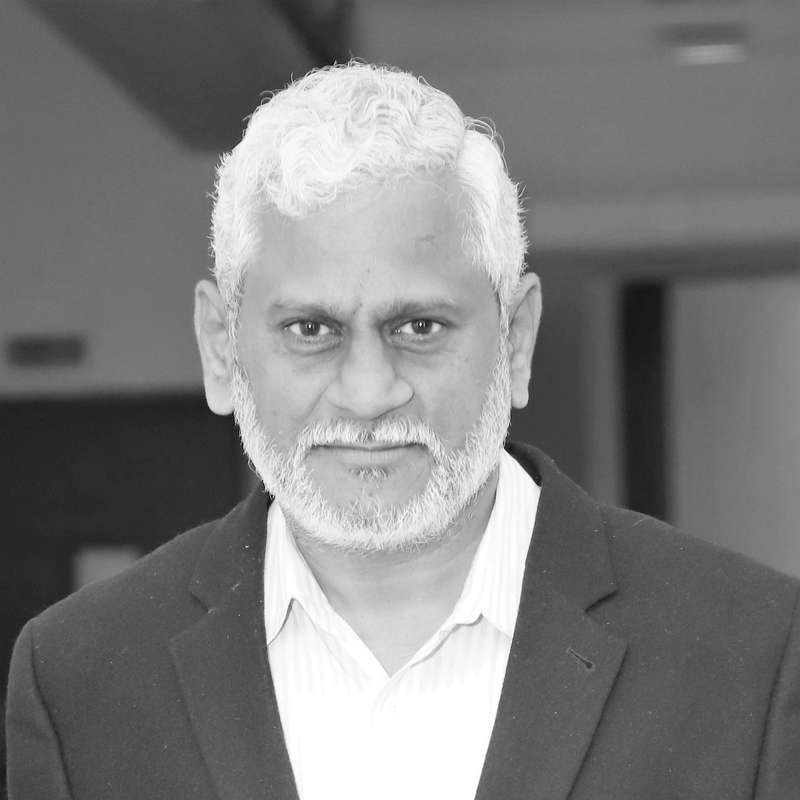
Professor Dr. Johan Rockström
Johan Rockström is Director of the Potsdam Institute for Climate Impact Research and Professor in Earth System Science at the University of Potsdam.
Rockström is an internationally recognized scientist on global sustainability issues, where he led the development of the new Planetary Boundaries framework for human development in the current era of rapid global change. He is a leading scientist on global water resources, with about 25 years of experience from applied water research in tropical regions, and more than 150 research publications in fields ranging from applied land and water management to global sustainability.
Aside from his research helping to guide policy, Rockström consults several governments and business networks. He also acts as an advisor for sustainable development issues at noteworthy international meetings, such as the World Economic Forum, the United Nations Sustainable Development Solutions Network (SDSN) and the United Nations Framework Convention on Climate Change Conferences (UNFCCC). Supplementary, he chairs the advisory board for the EAT Foundation and the Earth League.

Svenja Schulze
In March 2018, Svenja Schulze took up office as Federal Minister for the Environment, Nature Conservation and Nuclear Safety of Germany. In 2010, she was appointed Minister for Innovation, Science and Research in North Rhine-Westphalia; she held this position until 2017. She attended the Ruhr University-Bochum and graduated in German studies and political science.
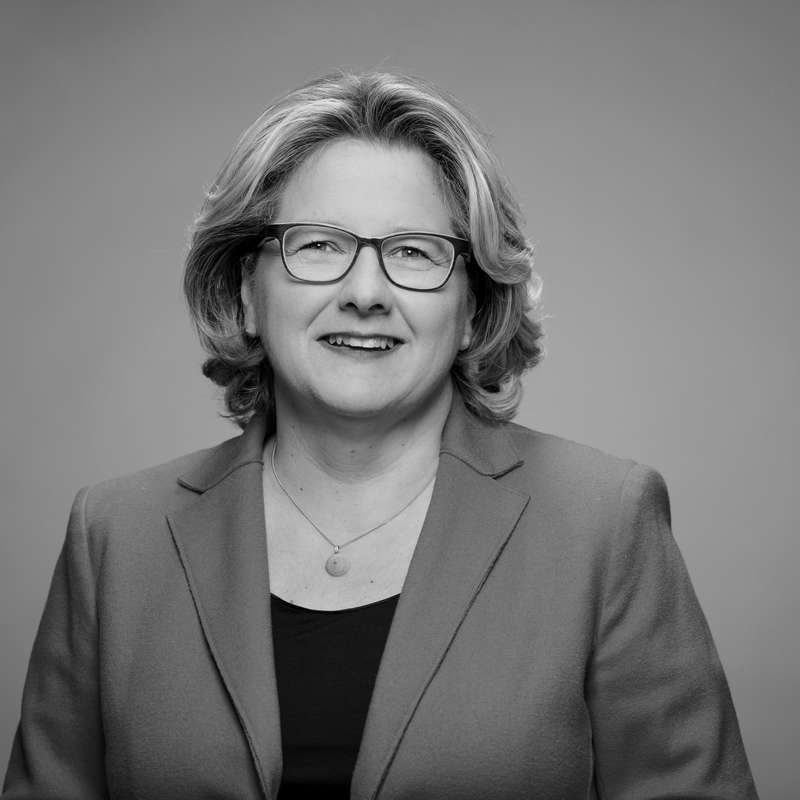
Prof. Dr. Josef Settele
Prof. Dr. Settele is Research Scientist at Helmholtz-Centre for Environmental Research (Department of Community Ecology) and Co-chair of the Global Assessment of the Intergovernmental Platform of Biodiversity and Ecosystem Services (IPBES). The IPBES is an independent intergovernmental body, established by member States in 2012. The objective of IPBES is to strengthen the science-policy interface for biodiversity and ecosystem services for the conservation and sustainable use of biodiversity, long-term human well-being and sustainable development.
Foto (c) Sebastian Wiedling / UFZ
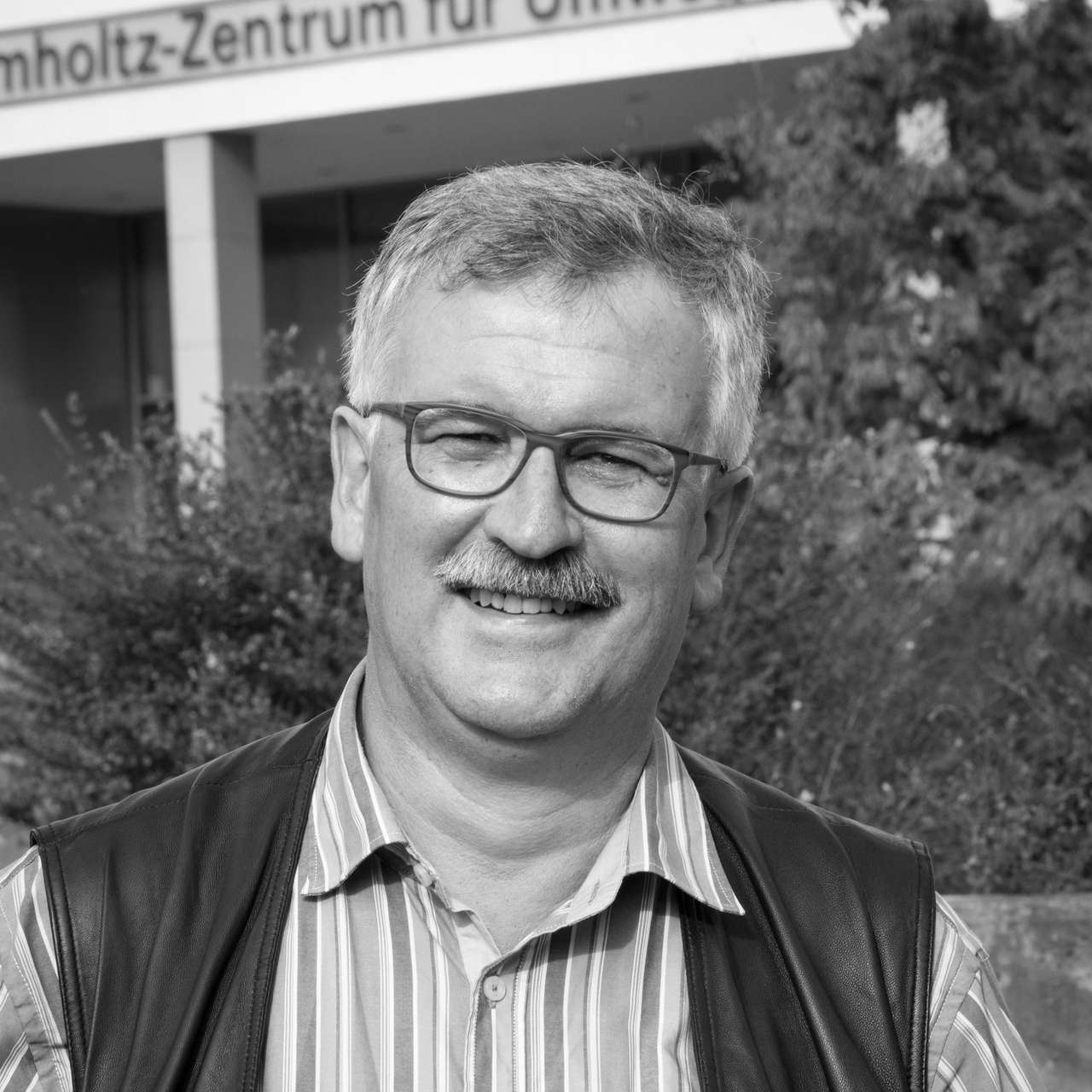
Dr. Carly Stevens
Carly Stevens is a plant ecologist and soil biogeochemist at Lancaster University in the UK where she is a senior lecturer. Carly is particularly interested in the impacts of nitrogen deposition on semi-natural habitats, something she has investigated in a number of countries and habitats. Lancaster University is one of the leading research universities in the UK.
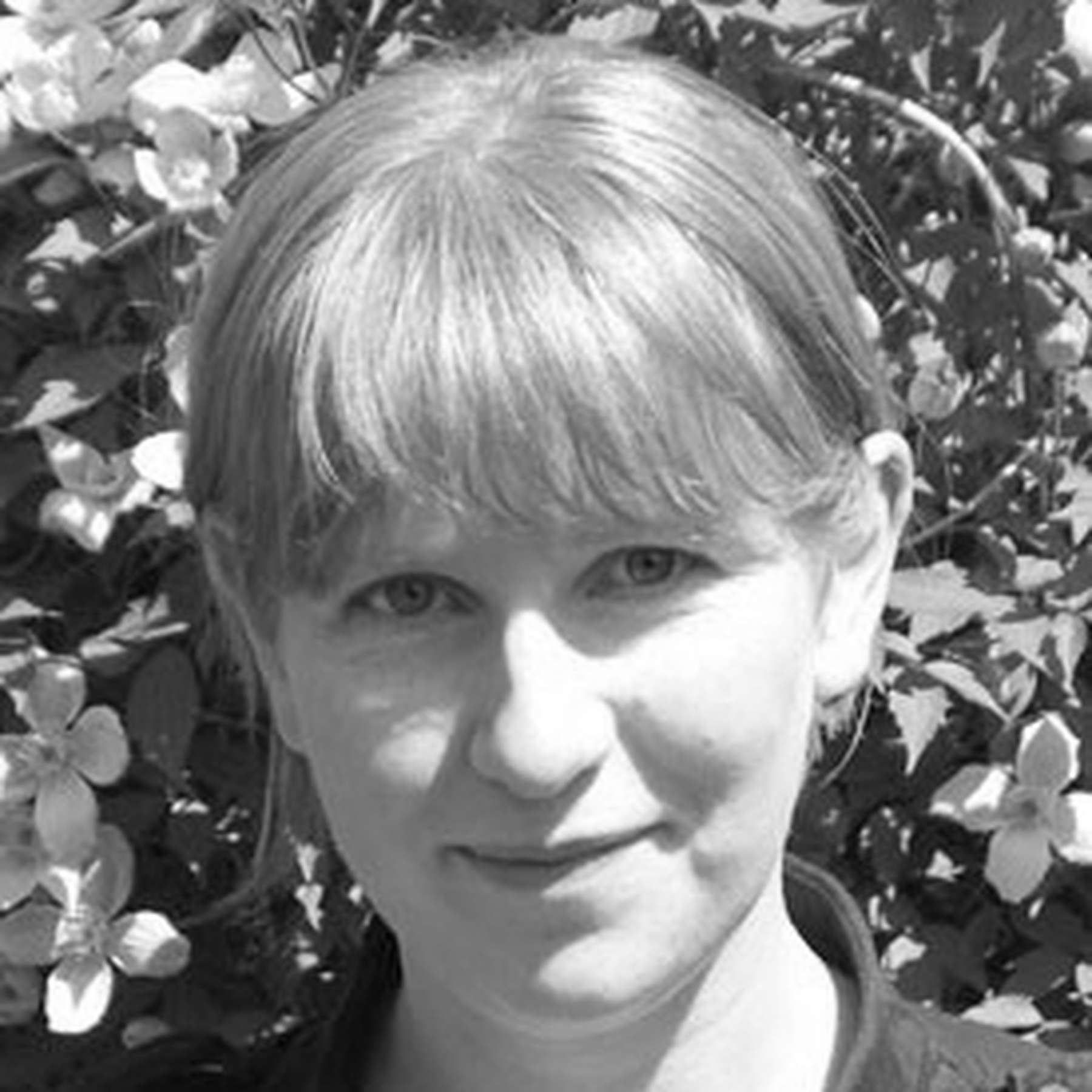
Prof. Dr. Friedhelm Taube
Dr. Friedhelm Taube is professor in Grass and Forage Science/Organic Agriculture and Director of the Institute of Crop Science and Plant Breeding at Kiel University, Germany. In March 2019 he was additionally appointed Special professor in Grass based Dairy Systems at Wageningen University and Research (WUR), the Netherlands. He has 25 years of experience in forage and grazing lands. His research has focused on the physiology, management and use of forages in multipurpose systems.
As a recognized expert in the evaluation of nutrient losses due to crop management, Dr. Taube has contributed to numerous assessments of the Scientific Advisory Board of Agricultural Policy, Food and Consumer Health Protection (WBAE) at the Federal Ministry of Food and Agriculture, Germany.
Photo Copyright: Jürgen Haacks / Uni Kiel

Dr. Norbert Taubken
Dr Norbert Taubken has been Business Director at Scholz & Friends Reputation since 2007. Together with his colleague Christiane Stöhr he set up the strategy unit on corporate responsibility and sustainability within the network of Scholz & Friends. For more than 15 years, he accompanies CR strategy processes and sustainability topics within the for-profit-sector. His portfolio includes stakeholder management, impact valuation, and non-financial reporting. ALDI Süd, Audi, Coca-Cola, Hugo Boss, Microsoft, Telefónica, TÜV Nord, Xing, and the German Council for Sustainable Development (RNE) belong to the list of his clients. Norbert Taubken holds a PhD in Chemistry and a state exam as teacher. He gives lectures on CSR and business ethics at the Hamburg School of Business Administration (HSBA) and at Deutsche Presseakademie (depak). Taubken has been appointed member of the board of wellcome gGmbH and the Good Textiles Foundation. Additionally, he is founding member of Berlin Social Academy and Deutscher Fussballbotschafter e.V.

Prof. Dr. Harold van Es
Harold van Es is a Professor of Soil Science at Cornell University, USA, the 2016 President of the Soil Science Society of America, and Special Advisor for Digital Agronomy at Yara International. He is the lead inventor for Adapt-N, computational technology for crop nitrogen management which received the $1M Tulane Nitrogen Reduction Challenge prize.

Prof. Dr. Maren Voss
Leibniz-Institut for Baltic Sea Research in Warnemünde, Germany
My research focuses on the biogeochemistry of nitrogen including microbial rates measurements and nitrogen fixation in the ocean and the Baltic Sea in particular. Studies on the effects of eutrophication in coastal regions include estuaries and river plumes as well as hypoxic systems.
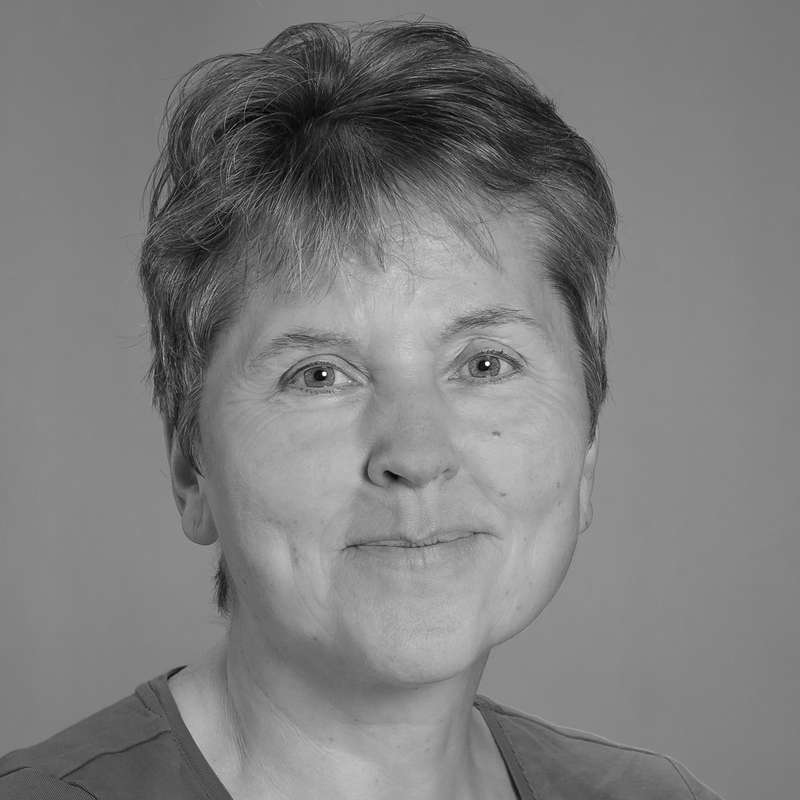
Prof. Dr. Chaoqing Yu
Dr. Chaoqing Yu received his Ph.D degree from the Geography Department at the Pennsylvania State University in 2005. Now he is the chief scientist at the AI-for-Earth Lab, a joint laboratory of the Tsinghua University’s Earth System Science Department and the Tsinghua Cross-strait Research Institute. His recent research focuses on applying biogeochemical models to quantify the relations among food security, water resources, and water quality over broad-scale geographic regions. Nitrogen plays a central role in the biogeochemical processes. He is interested in understanding how technology and socioeconomic drivers have changed the pattern of nitrogen flow in China, how much the synthetic nitrogen has contributed to grain yields, what is the safe boundary for nitrogen discharge to the regional water environment, and what are the solutions to restore the water quality in light of the small sized farming system. Lessons learned from China are beneficial for many other regions in the world where water pollution is increasing because of excessive nutrient discharge.
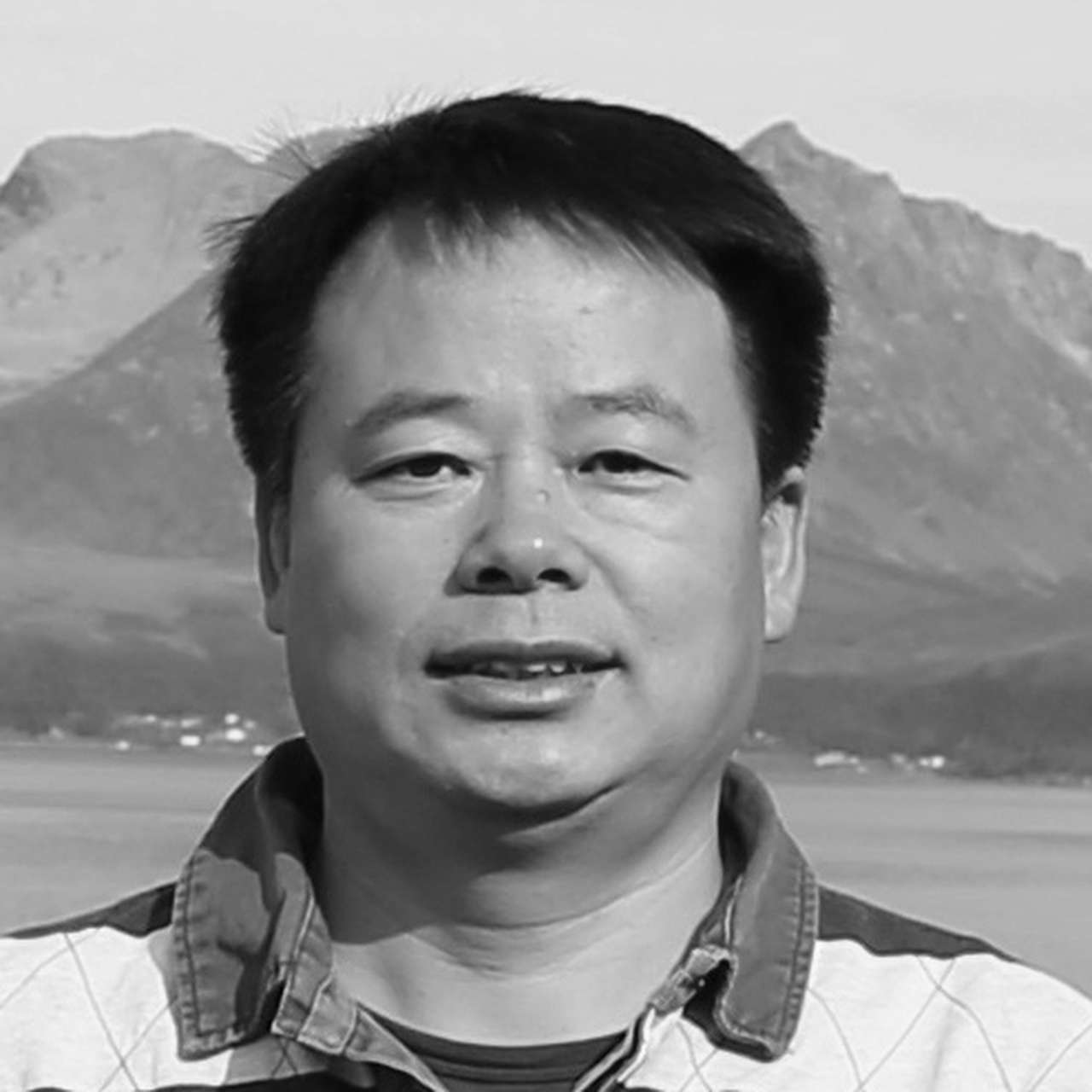
Prof. Dr. Sophie Zechmeister-Boltenstern
Sophie Zechmeister-Boltenstern is Professor for Soil Science and Soil Microbiology, Director of the Institute of Soil Research and Deputy Director of the Department of Forest and Soil Sciences, at the University of Natural Resources and Life Sciences, Vienna, Austria. Her research focuses on the role of soils as sources and sinks for atmospheric trace gases with particular attention to the underlying microbial processes. She aims to provide management recommendations for better nitrogen use efficiency and adaptation to climate change. She is a member of the KIÖS of the Austrian Academy of Sciences.
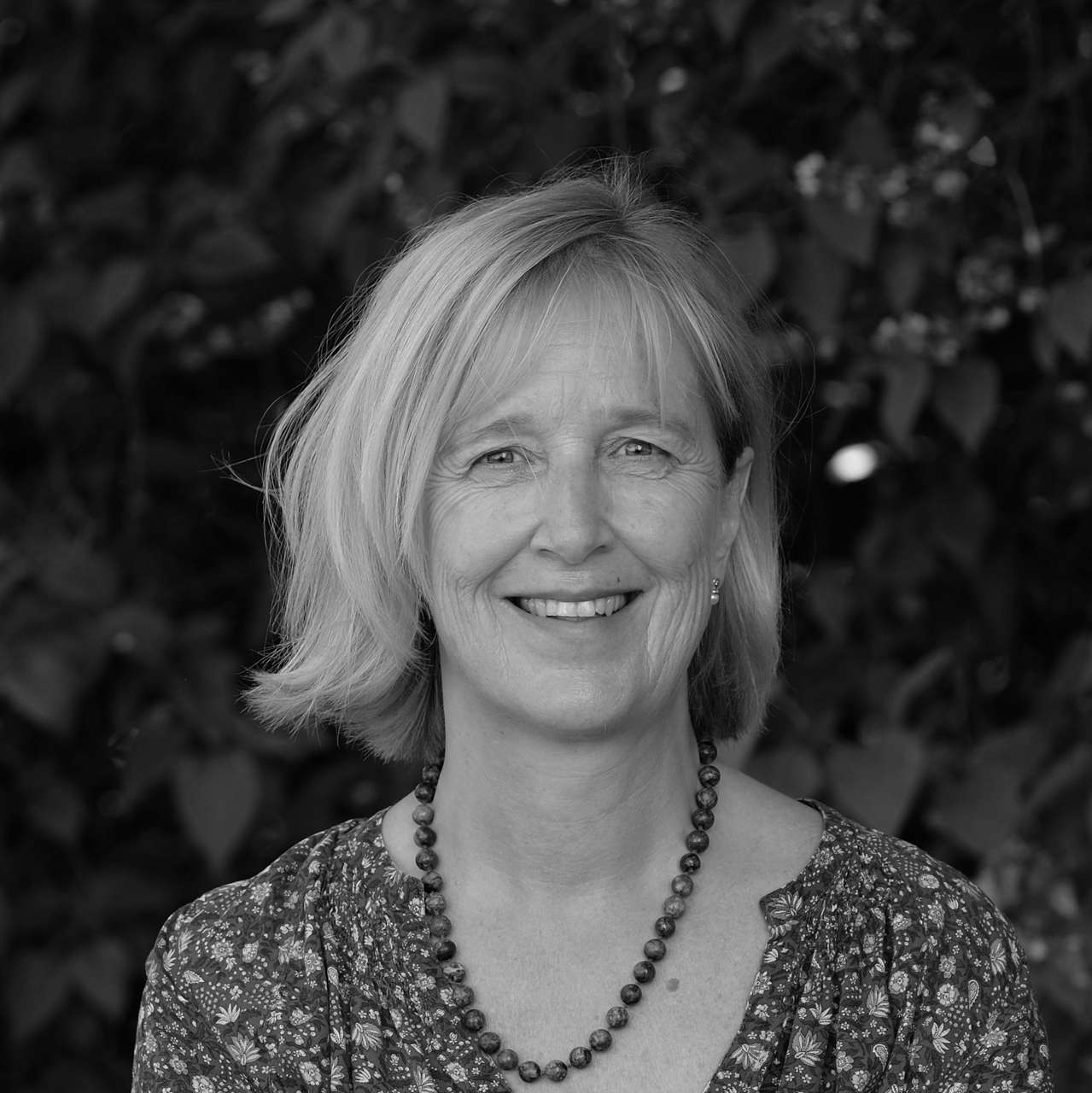
Asst. Prof. Dr. Xin Zhang
Xin Zhang is an Assistant Professor at University of Maryland Center for Environmental Science. Her research investigates socioeconomic and biogeochemical processes that affect the global nutrient cycle and the sustainability of agricultural production. She holds a Ph.D. in Environmental Studies from Yale University and held a postdoctoral position on environmental policy at Princeton University.
